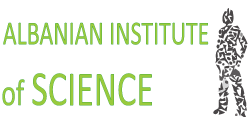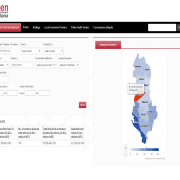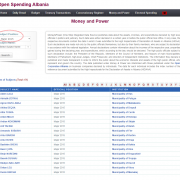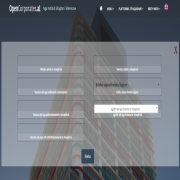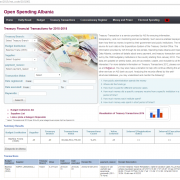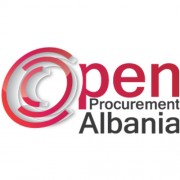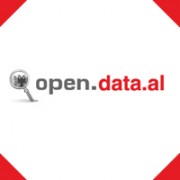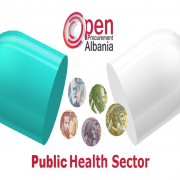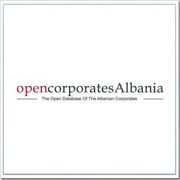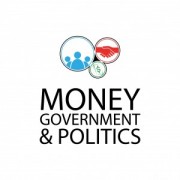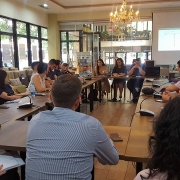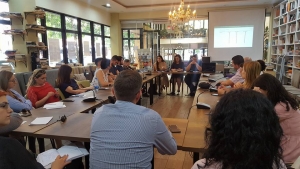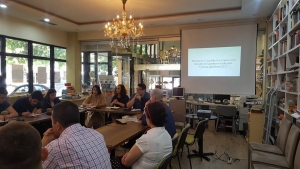Albanian Development Fund Procurement on an Online Database since January 2015 by Open Contracting standards
The Albanian Development Fund (ADF) is one of the most important public institutions. Its projects are covered by the State Budget and credits from important international institutions. The monitoring of ADF’s procurement of public works is particularly important given the high value and impact they are expected to have on the public sector. AIS has developed a database containing a passaport for each procurement in accordance with the OpenContracting standard. Anyone may search for data concerning tenders, fund limits, winning offers, winning operators, disqualified operators, and contract terms and deadlines. The data may be filtered enabling an analysis by the location of investments, nationality of contractors, type of tender procedure, type of project, and level of competitiveness. The data will be updated on daily basis, enabling taxpayers to monitor contracts signed for public money and goods.
